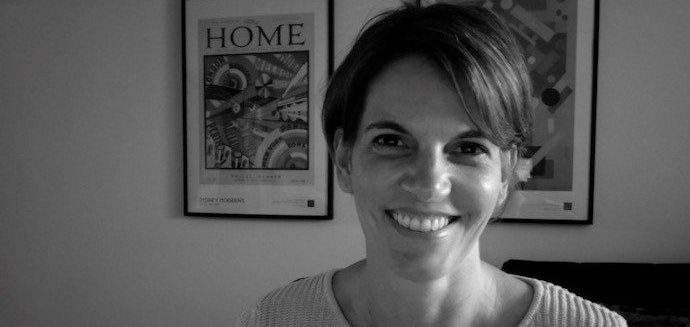Martina Muller recently set up her own business, Storialines. Storialines provides historical research and interpretation services to the heritage sector, local councils and other clients in Greater Sydney and New South Wales. Martina also works as a historian at a heritage consultancy firm in Sydney.
What made you decide to pursue a career in history?
I never made a conscious decision to become a historian but I am extremely happy about the way things have worked out for me. After realising that I was too much of an introvert to enjoy teaching (I started out as a primary school teacher in Switzerland), I decided that anything involving a lot of writing and reading would suit me. I ended up studying Classical Archaeology, even though I knew that career opportunities would likely be limited. After migrating to Australia and writing a PhD, I was lucky to get a job as a heritage consultant. The transition into heritage consulting was quite easy, as my PhD thesis had focused on the interpretation and presentation of Roman buildings at archaeological sites in Western Europe (research-repository.uwa.edu.au/files/3217875/Mueller-Zaugg_Martina-Sara_2012.pdf) and I was already acquainted with the current guidelines on heritage conservation and site interpretation, including the Burra Charter which provides the best practice standard for managing cultural heritage places in Australia. Fortunately, my boss quickly realised that I was much more interested in research than in the more tedious aspects of report writing and was happy for me to focus on historical work.
Who is the audience for your history?
I mostly research the history of heritage-listed buildings and sites and write historical summaries that are included in Conservation Management Plans and Statements of Heritage Impact. The histories are generally used as a basis to assess the significance of sites, which in turn informs the decisions made for altering significant places. In theory, the audience includes property owners, architects, developers and Council officers. While I have wondered if anyone ever reads those histories, I have had some very uplifting feedback from architects or owners who said they were fascinated by the background stories that came out of my research.
What’s your favourite historical source, book, website or film?
To be honest, I mostly read fiction as my reading usually happens on the train and I need something easy. Among the non-fiction books that I could not put down are In Cold Blood by Truman Capote and Into Thin Air by Jon Krakauer. Trove is a wonderful website. I also get quite excited about old photographs of buildings and streetscapes. It is amazing what you can find by looking at digitised images, and sometimes they are simply works of art in themselves.
Why is history important today?
Because it shows us who we are, and it is fun.
